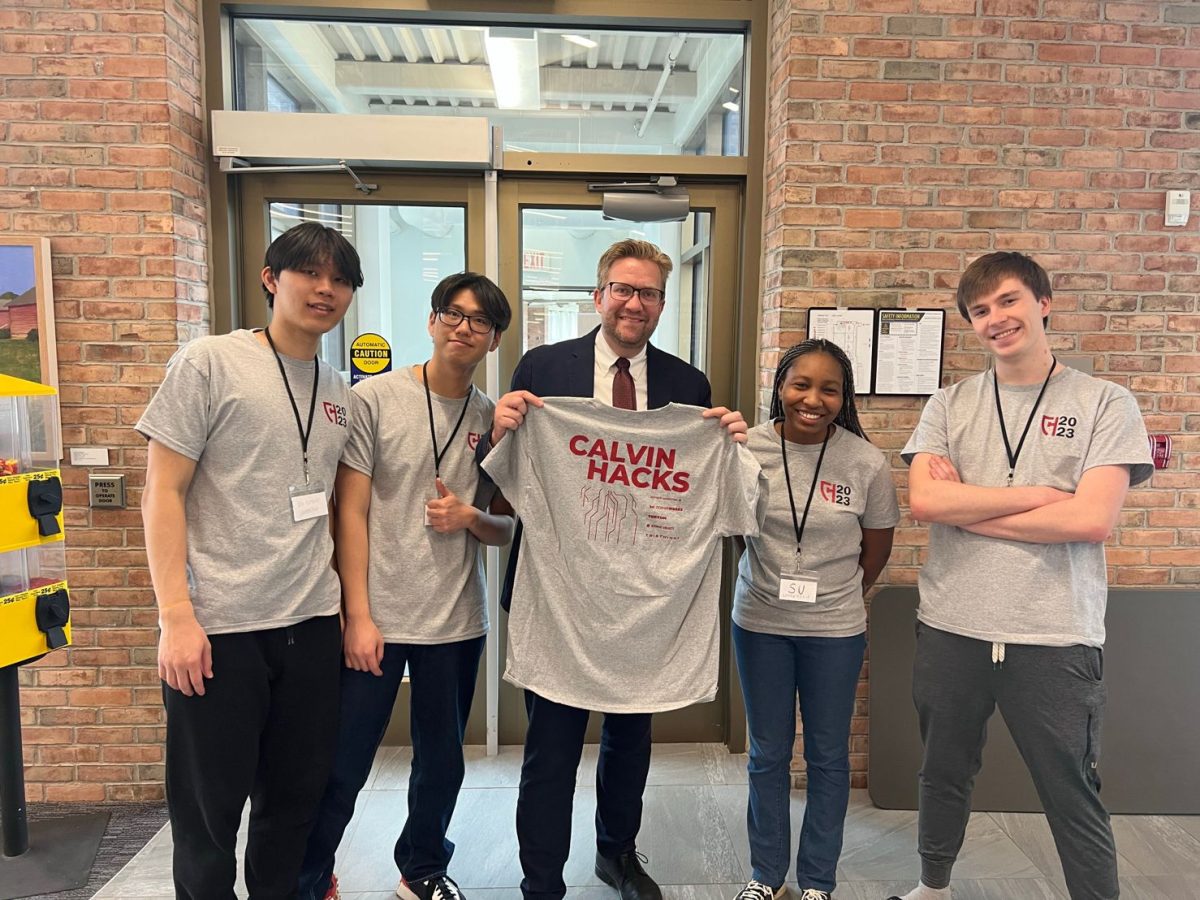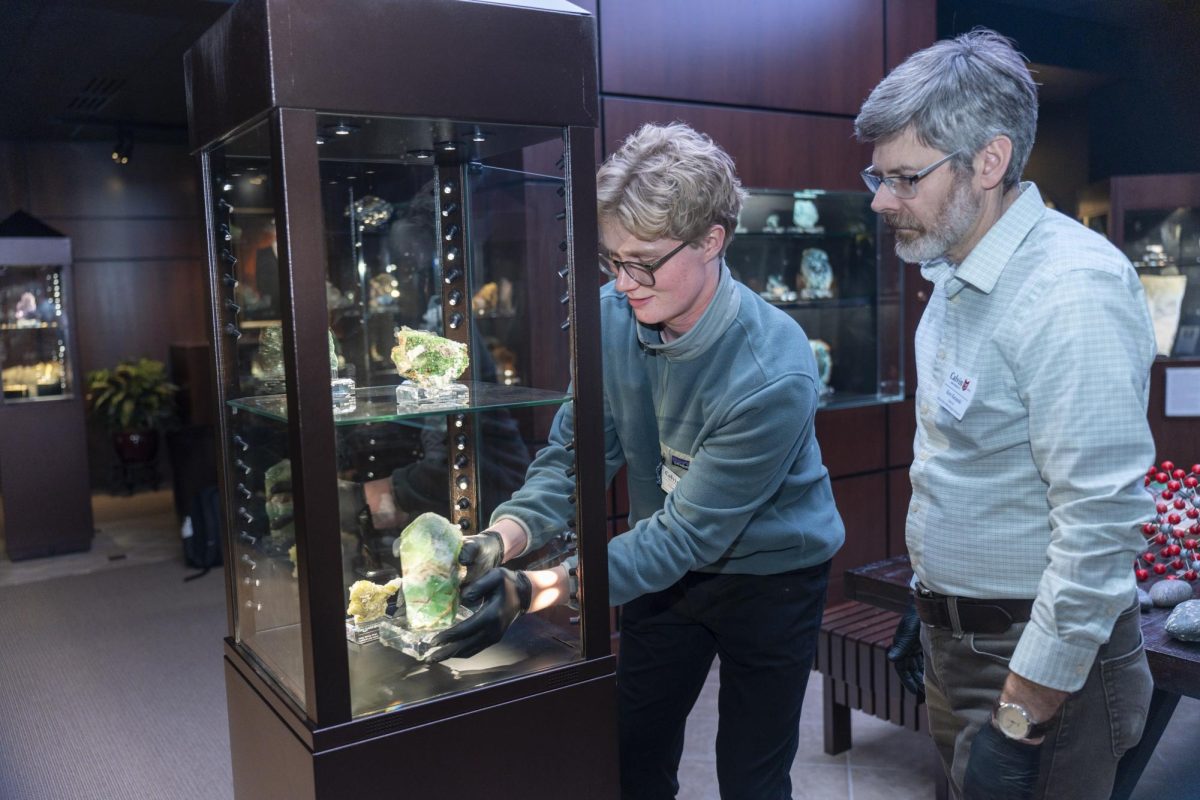Scientists Serge Haroche and David Wineland have won the Nobel Prize in physics for this year based on “ground-breaking experimental methods that enable measuring and manipulation of individual quantum systems.”
Digital computers have been part of playing important roles in human work since the 1940s. Since that time, there have been tremendous leaps in the power and capabilities of these devices. Originally built as pure computation machines, computers now occupy a central place in the global economy and in many homes around the world.
However, despite all of these advances, the basic underpinnings of the computer have not radically changed. Computers have memories and processors that use bits, binary objects that indicate a one or a zero and govern the entire functioning of the computer. From the early 1980s to the present, scientists have been working to build a computer that functions according to the laws of quantum physics, where a bit (or “qubit”) could be either a one or a zero or both. Now, two scientists have been awarded a Nobel Prize in physics for discovering key techniques that will, many believe, lead to practical quantum computers in the future.
These computers can be both much smaller and much more powerful than computers in use today, capable of solving problems that cannot be solved with normal computers. In fact, a quantum computer can be built at an atomic scale.
“The point of a quantum computer is not that they can do what a normal computer can do but faster; that’s not what they are,” said Andrew Houck, who assists with research in the subject at Princeton, according to R&D Magazine. “The quantum computer would allow us to approach problems differently. it would allow us to solve problems that cannot be solved with a normal computer.”
At the scale of a qubit, the classical physics that are obeyed by larger objects break down and a whole new set of complicated rules takes hold. At these minuscule scales, the practical obstructions grow larger. Quantum bits are incredibly difficult to control owing to their very nature, and previous experiments could only manipulate a few of them at once. Conventional computers compute using the flow of electrons, but a theoretical quantum system will measure the spin of electrons, which requires a much higher degree of analysis from the hardware to translate.
In their press release, according to Reuters, the Nobel committee explained, “Single particles are not easily isolated from their surrounding environment, and they lose their mysterious quantum properties as soon as they interact with the outside world.”
Scientists are not expecting to have fully operational and practical quantum computers operational any time soon. That said, most are optimistic that, given the pace of research as it continues, the technology will not be out of reach for too long. The Nobel committee noted, “There is in principle no reason to believe that it should not be possible to achieve such operations with many more qubits,” but it is “an enormous practical challenge” to employ the technology at the scale necessary for human application. Traditional computers are running into the limits of their silicon-based hardware and the size restrictions inherent in their materials, which makes this research all the more pressing for the future of computing in general.






